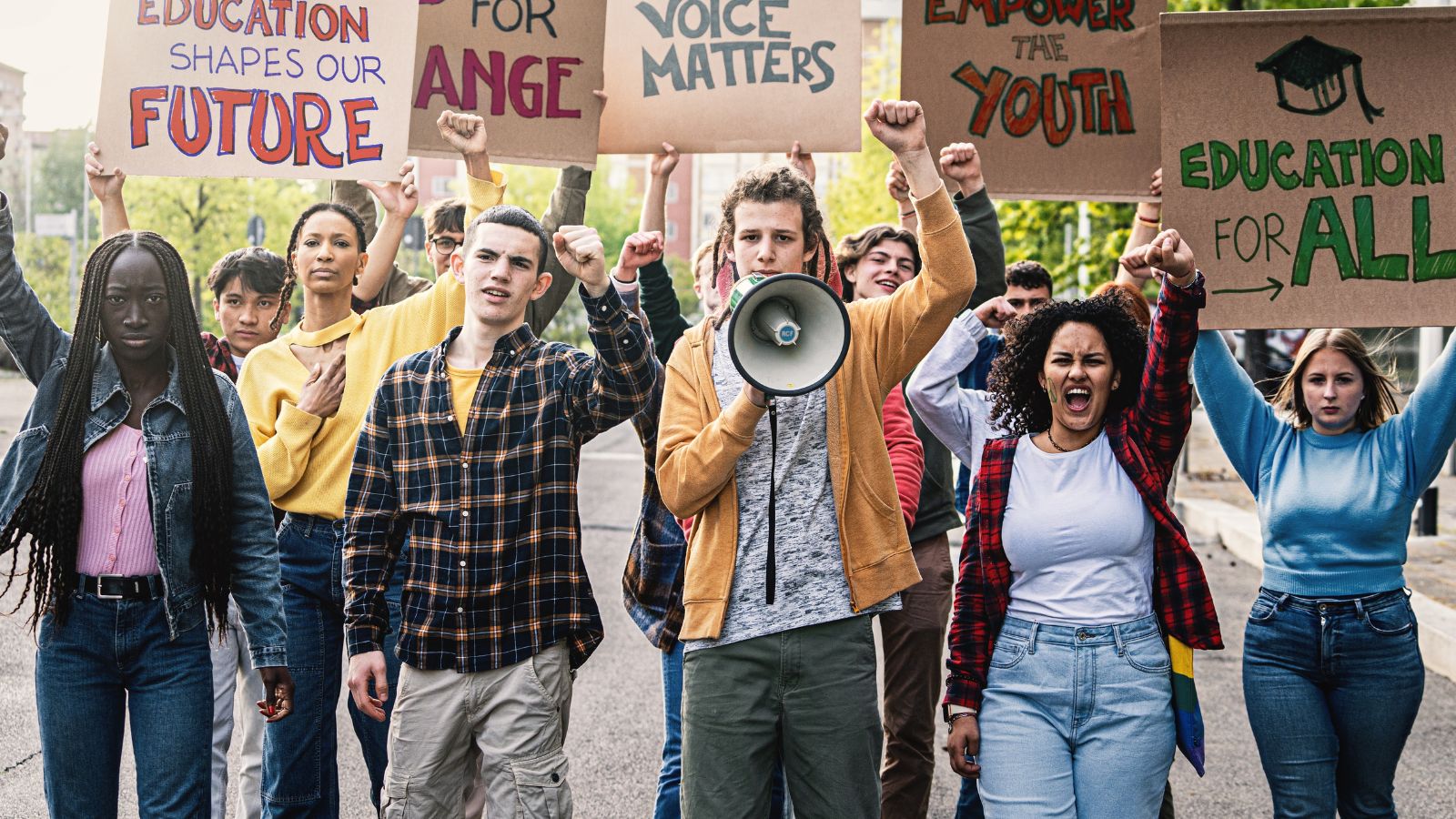Born between 1981 and 1996, Millennials have grown up in a rapidly changing world shaped by technology, economic shifts, and evolving social norms. Boomers often shake their heads in confusion at Millennial behaviours, especially regarding these 18 key things they might not fully grasp.
The Impact of Technology

Millennials grew up during the digital revolution, meaning they’ve always had technology at their fingertips. According to Forbes, “Digital transformation means fast, easy and convenient” for millennials. Boomers remember a time before the internet and smartphones. This constant access to information and communication tools has shaped the way they interact with the world.
The Gig Economy

While the boomer generation often stayed in one job for decades, millennials are more likely to jump from job to job or even work multiple side gigs. This isn’t necessarily because they’re flighty or uncommitted but because the job market has changed dramatically. The rise of the gig economy offers flexibility and variety, allowing them to pursue different passions and income streams.
Work-Life Balance

Speaking of balance, the younger generation prioritises work-life balance more than any previous generation. They’ve seen the toll that overwork can take on mental and physical health, and they value their personal time. This means they’re more likely to seek jobs with flexible hours, remote work options, and generous vacation policies. Boomers, who were often expected to put work above all else, might see this as a lack of dedication.
Mental Health Awareness

Mental health is another area where young people differ significantly from older generations. Growing up in an era where mental health issues are more openly discussed, Millennials are more likely to focus on their mental well-being. They’re not afraid to seek therapy, take mental health days, or talk openly about their struggles.
Social Media Savvy

The millennial generation is often criticised for their heavy use of social media, but it’s important to understand the role it plays in their lives. Social media isn’t just about selfies and likes; it’s a powerful tool for networking, information sharing, and social activism. They use platforms like Twitter, Instagram, and LinkedIn to build their careers, stay informed about world events, and advocate for causes they care about.
Student Loan Debt

One of the biggest challenges facing younger individuals is the burden of student loan debt. Unlike parents or grandparents, who could often pay for college with a part-time job, young people are graduating with tens of thousands of pounds of debt. This financial strain affects their ability to buy homes, start families, and save for the future.
Delayed Milestones

Because of financial pressures and shifting social norms, millennials are hitting traditional life milestones later than boomers did. They’re getting married, buying homes, and having children later in life, if at all. This isn’t because they’re immature or irresponsible but because they’re navigating a different economic landscape.
Environmental Concerns

Millennials are often labelled as the ‘green generation’ because of their strong environmental consciousness. They grew up hearing about climate change, pollution, and the importance of sustainability. As a result, they prioritise eco-friendly practices like recycling, using public transportation, and supporting sustainable brands. Boomers who didn’t grow up with the same level of environmental awareness might not understand why.
Different Spending Habits

Young people often spend their money differently than older folks, focusing more on experiences rather than material goods. They value travel, dining out, and unique experiences over buying homes or luxury items. This doesn’t mean they’re frivolous – they simply focus on what brings them joy and fulfilment.
The Sharing Economy

The rise of the sharing economy has also shaped millennial behaviours—services like Uber and Airbnb allow them to access goods and services without owning them outright. This makes sense for a generation that values flexibility and experiences over ownership, but for boomers, who might place a higher value on owning a car or a home, this can be perplexing.
Diversity and Inclusion

Those born between 1981 and 1996 are among the most diverse and inclusive generations. They grew up in a more multicultural society and are more likely to embrace differences in race, gender, and sexual orientation. They expect workplaces, media, and public spaces to reflect this diversity. Those who might have grown up in more straightforward environments can find this emphasis on diversity challenging to understand.
Changing Family Structures

Millennials have a broader definition of family than previous generations because they’re more accepting of non-traditional family structures, such as single-parent households, same-sex couples, and blended families. This inclusive view of family can be hard for old folks to grasp, especially if they were raised with more traditional notions of family.
Political Engagement

Highly politically engaged, the millennial generation tends to have progressive views. They’re passionate about issues like climate change, social justice, and economic inequality. They use their voices and votes to push for change, often through grassroots movements and social media campaigns.
Health and Wellness

Younger people approach health and wellness differently than older generations, as they’re more likely to embrace holistic and preventive health practices, such as yoga, meditation, and plant-based diets. They don’t shun mental health and self-care alongside physical health, while boomers, who might be more accustomed to traditional medical approaches, can find these practices unconventional.
Relationship Dynamics

Millennials tend to approach relationships differently than the Baby Boomer Generation. They value equality and partnership in their romantic relationships, often rejecting traditional gender roles. They’re also more open to unconventional relationship structures, such as long-term dating without marriage or cohabitating before tying the knot.
Learning and Education

The way younger individuals approach learning and education has also evolved. They seek out online courses, certifications, and alternative learning methods rather than traditional college degrees. This is partly due to the high cost of higher education and the rapid pace of technological change. They’re adapting their education to fit a more flexible and fast-paced job market.
Housing Choices

Many millennials choose to rent rather than buy homes, valuing flexibility and location over ownership. This can be difficult for Baby Boomers to understand, especially if they view homeownership as a key marker of success. However, with high housing prices and student debt, millennials are making practical choices that suit their lifestyles and financial situations.
Digital Communication

Finally, the way young people communicate has evolved dramatically, too. They prefer texting, social media, and other digital forms of communication over traditional phone calls and face-to-face interactions. This can be frustrating for more traditional people, who might feel these methods are impersonal.







